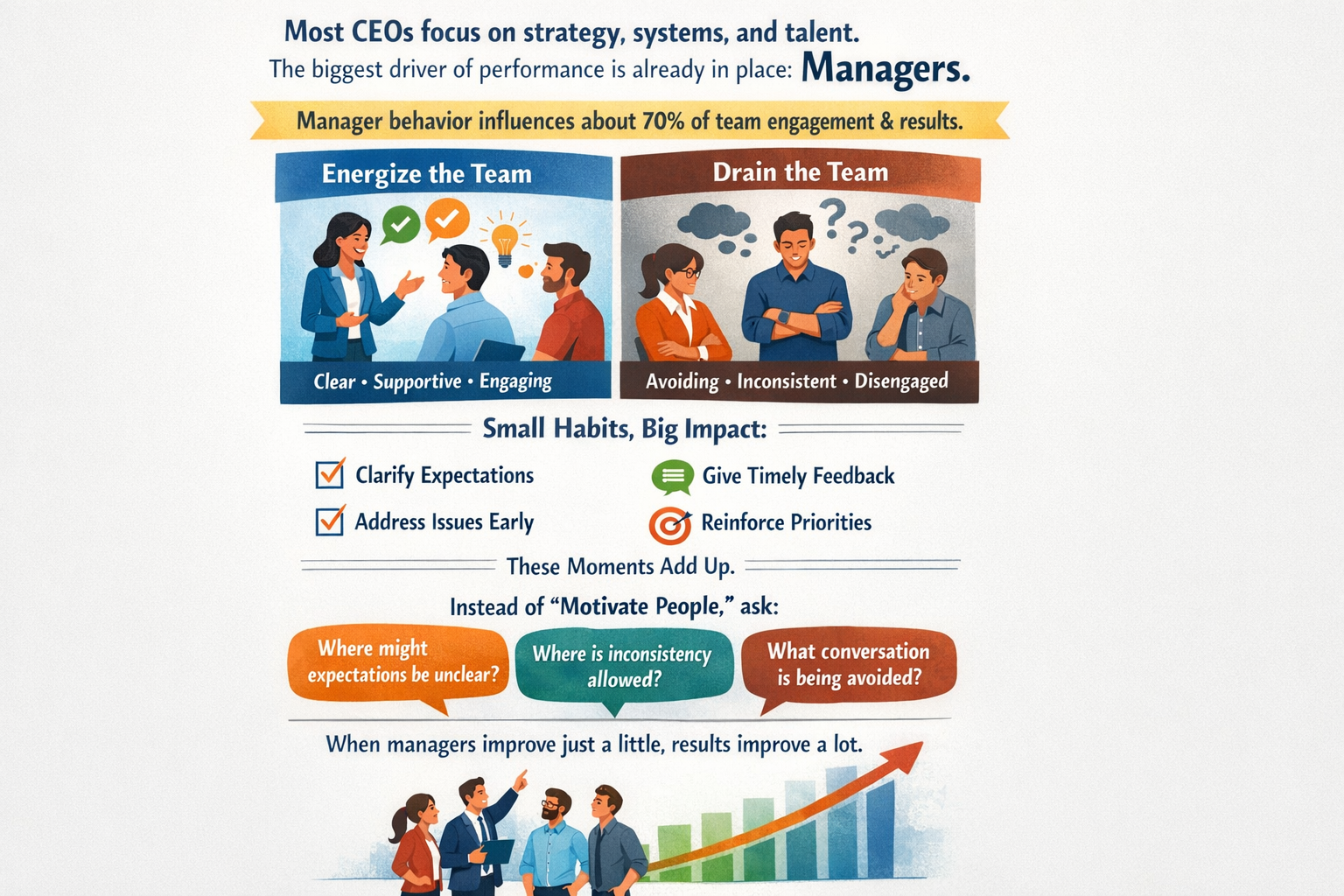Which Leadership Values Limit Your Success?
This is a subtitle for your new post

As a leader, I have been guilty of limiting the organization's or team's success by violating Stephen R Covey’s second habit, “begin with the end in mind”.
When I have a vague idea of what I want to achieve, my systematic brain starts listing the tasks and possible ways to get there. When it is clear that I have bitten off more than I can chew, I may delegate pieces and step-by-step processes to others. And the struggle begins.
My team members are usually high capacity people. They can think on their own. They can often use their creativity and strengths to get the work done more effectively than I would have.
But, if I don’t accurately describe what I want them to achieve, there is confusion instead of clarity. If I challenge them to see which person can come up with the best plan to get the work done, I encourage internal competition instead of collaboration. And if I examine their progress several times a day and make little changes that don’t even improve the finished product, they will be groaning about micromanagement rather than feeling empowered to put their best foot forward.
I have also had experiences in leading healthy, high performance teams. In these situations, every team member enhances their competence, utilizing more and more of their potential. I have seen these outcomes when I encouraged clarity, collaboration, and empowerment.
By engaging the full team in discussions about our goals, everyone understands the desired results. Once there is clarity about where the team is headed, team members can collaborate on how to achieve the goals, considering several approaches, developing consensus on the best ones, and assigning roles that leverage each person’s strengths. Everyone now feels trusted to achieve the goals and empowered to make adjustments to the plan along the way. This leads to a healthier, happier, more successful workplace.
Yet, it is common for employees to experience confusion, internal competition, and micromanagement. Few managers regularly provide clarity, reward collaboration, or encourage empowerment. Most leaders have no training in leading people and they aren’t intentional about their leadership practices. Although employees generally wish to add meaningful value at work, their leaders often crush their spirit and initiative, preventing them from reaching their potential.
How can you improve your leadership style so you don’t hold your team members, your team, your organization, and yourself back?
Click here to learn about the "Breakthrough to Inspired Leadership" program which equips managers with the skills to lead people effectively.


